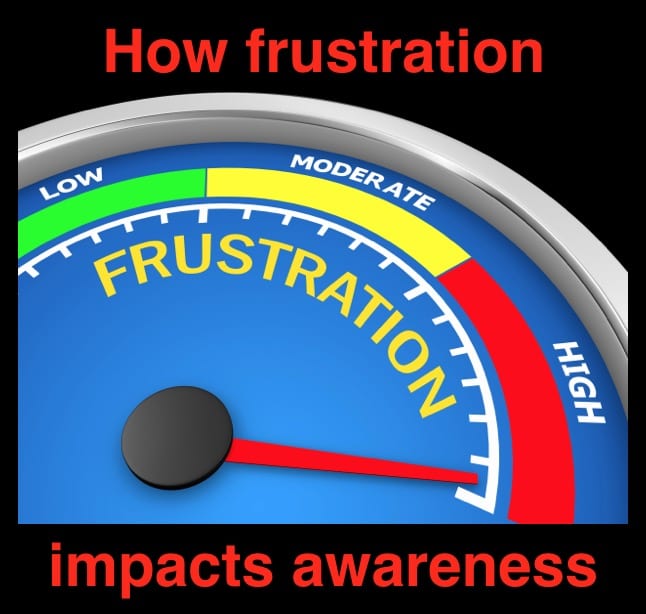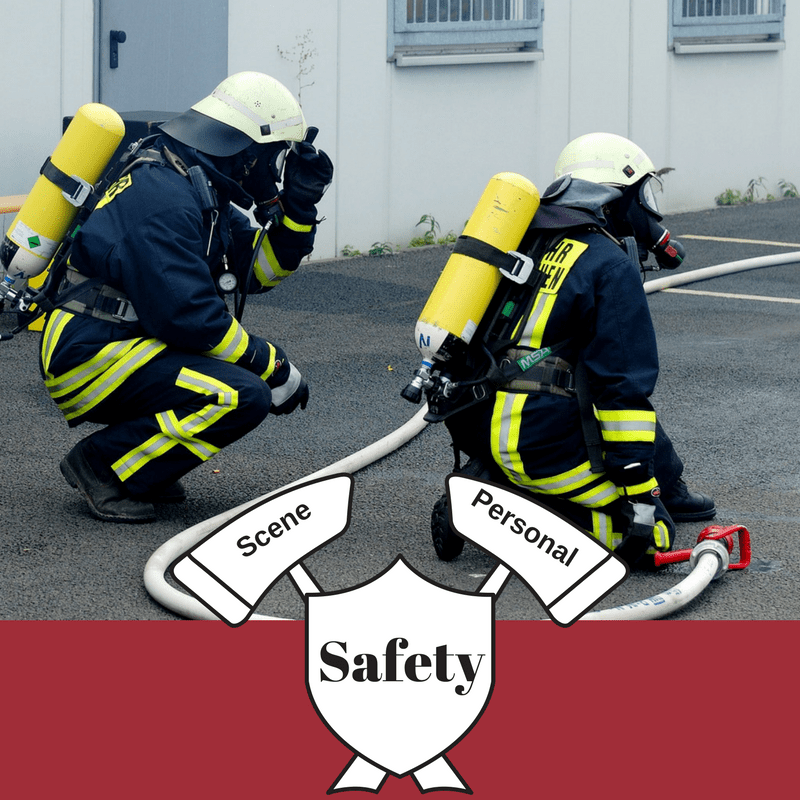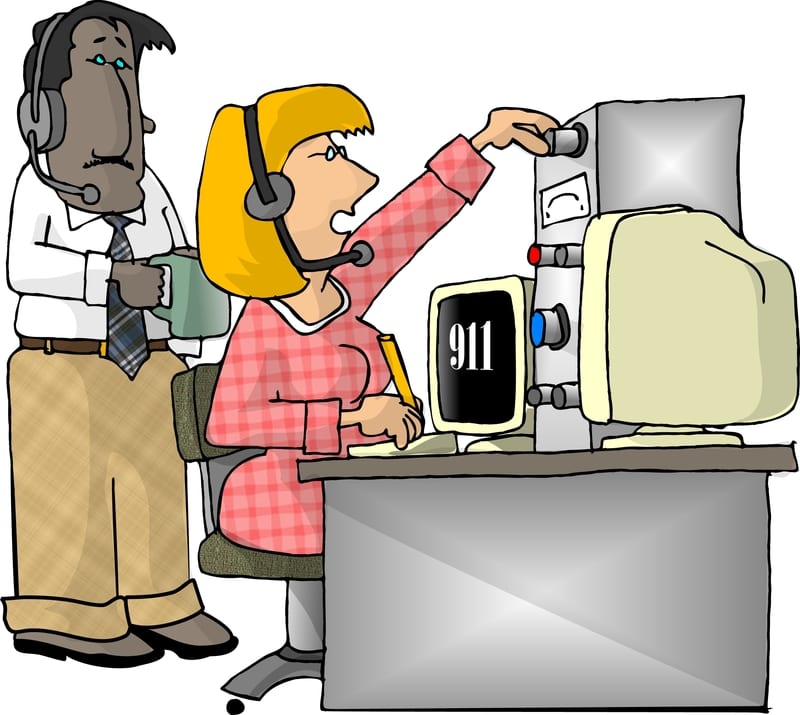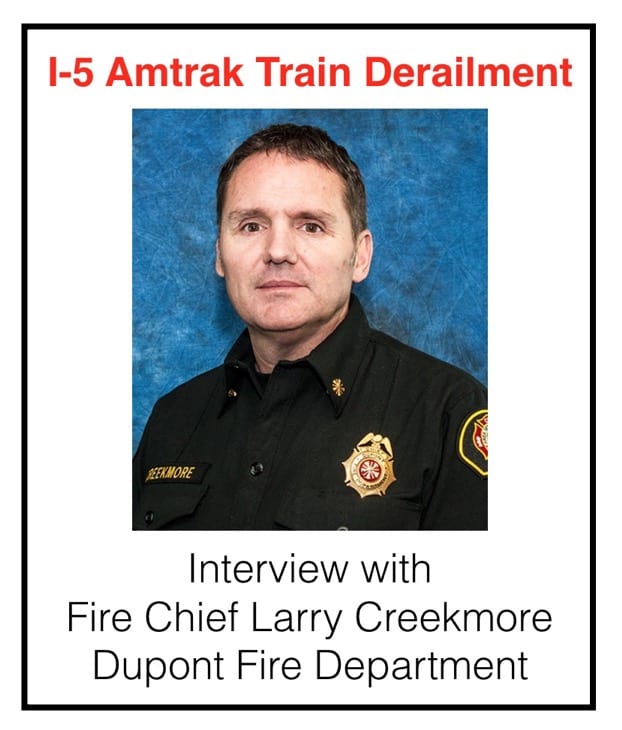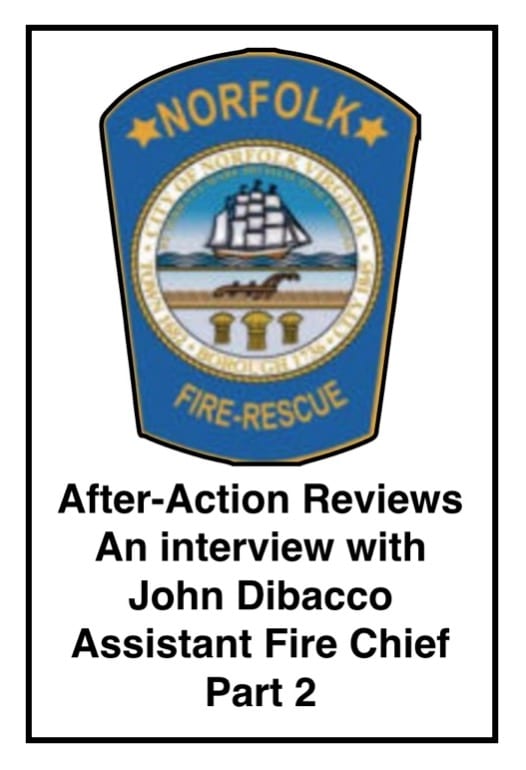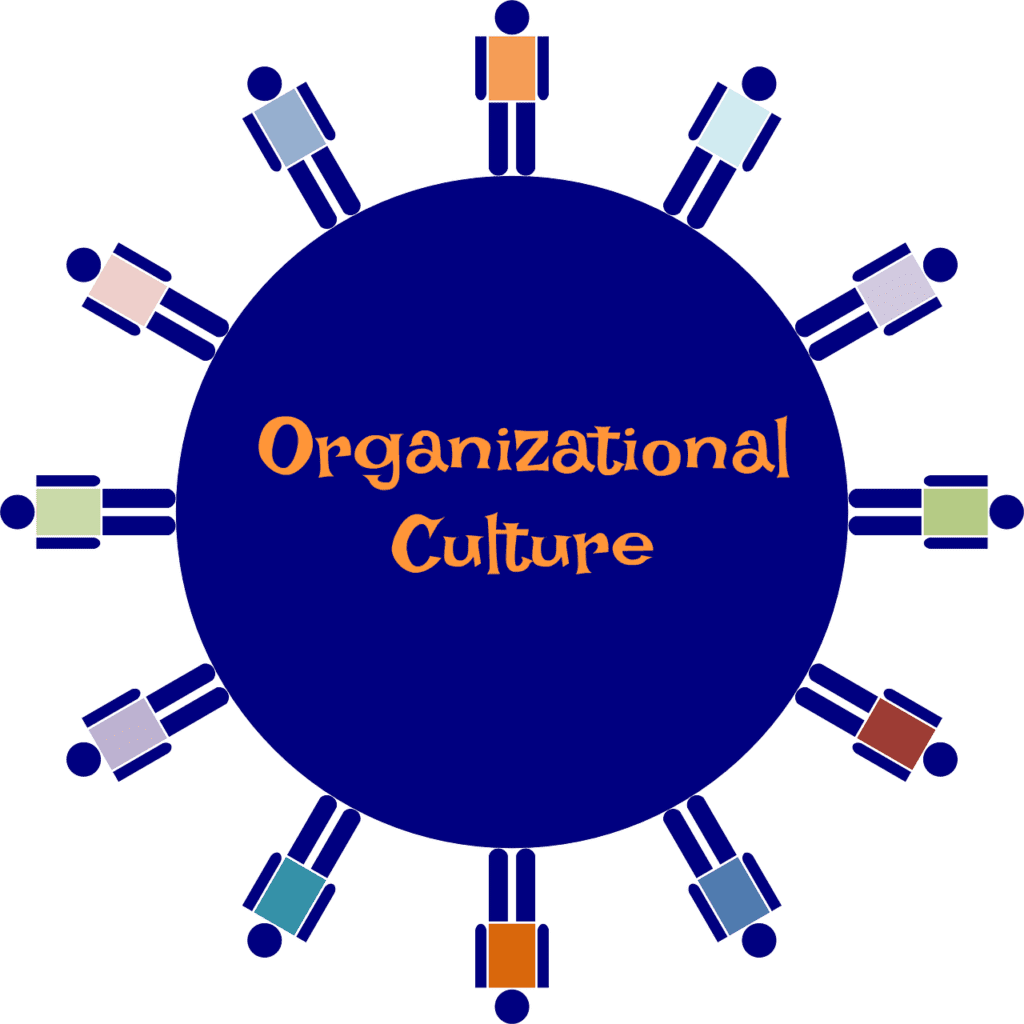Episode 205 | Frustration
This episode examines how frustration can impact your situational awareness. Length: 27 minutes click the YouTube icon to listen __________________________________________________ If you are interested in taking your understanding of situational awareness and high-risk decision making to a higher level, check out the Situational Awareness Matters Online Academy. […]
Episode 205 | Frustration Read More »

